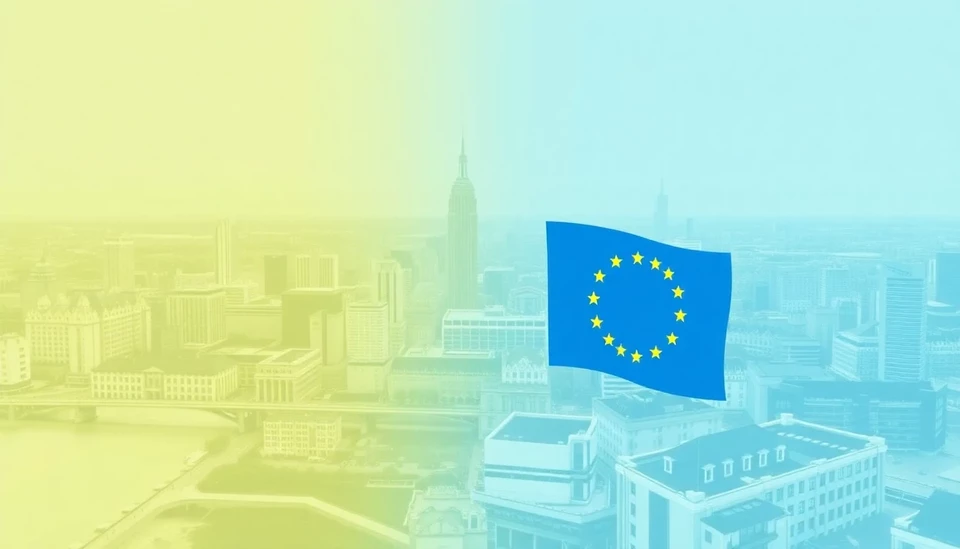
In a pivotal move aimed at rejuvenating the nature-based carbon market, industry leaders and environmental advocates have unveiled a comprehensive set of new standards. This initiative comes in response to mounting skepticism regarding the credibility and effectiveness of existing carbon offset programs, which have been criticized for lack of transparency and inconsistent results.
The new standards emphasize critical aspects of carbon offset projects, including their measurement, reporting, and verification (MRV) processes. Proponents believe that by adopting these rigorous guidelines, the market can significantly boost its integrity and restore investor and consumer confidence. The proposed framework seeks to set clear benchmarks for assessing carbon credits generated through projects like reforestation, wetland restoration, and sustainable land management practices.
One of the central tenets of the new standards is enhanced transparency. Stakeholders have recognized that for the carbon offset market to thrive, a level of openness is necessary to ensure that all parties can verify the authenticity of the claims being made. By standardizing the MRV processes, the initiative aims to curb instances of "greenwashing," where companies falsely portray their environmental efforts.
Several organizations are coming together to implement these standards, including non-profits, research institutions, and private sector players who have traditionally operated within the carbon market. This coalition is poised to spearhead an educational campaign to inform participants in the carbon market about the importance of these new standards and how to comply with them.
Despite the enthusiasm surrounding this initiative, there are challenges ahead. Some market analysts express concerns that the implementation of stricter standards might initially limit the number of available carbon credits. This could lead to increased prices, which may deter businesses from purchasing offsets to meet their carbon-neutral goals. However, supporters argue that the long-term benefits of a credible market will outweigh these short-term inconveniences.
As businesses increasingly commit to sustainability goals, the demand for reliable carbon offset mechanisms is on the rise. This new set of standards is expected to attract a broader range of investors and businesses looking to invest in meaningful projects that contribute positively to the environment.
In conclusion, the introduction of these new standards represents a significant and necessary step towards restoring trust in the nature-based carbon market. By focusing on transparency and accountability, stakeholders aim to build a framework that not only enhances the credibility of carbon credits but also drives impactful environmental change.
With the world facing a pressing climate crisis, initiatives like this are essential in aligning economic activities with environmental stewardship. Only time will tell how effectively these new standards are adopted and whether they lead to meaningful, lasting change in the carbon market.
#CarbonMarket #Sustainability #EnvironmentalImpact #NatureBasedSolutions #Transparency #CarbonCredits #GreenInvestment #ClimateAction
Author: Rachel Greene




